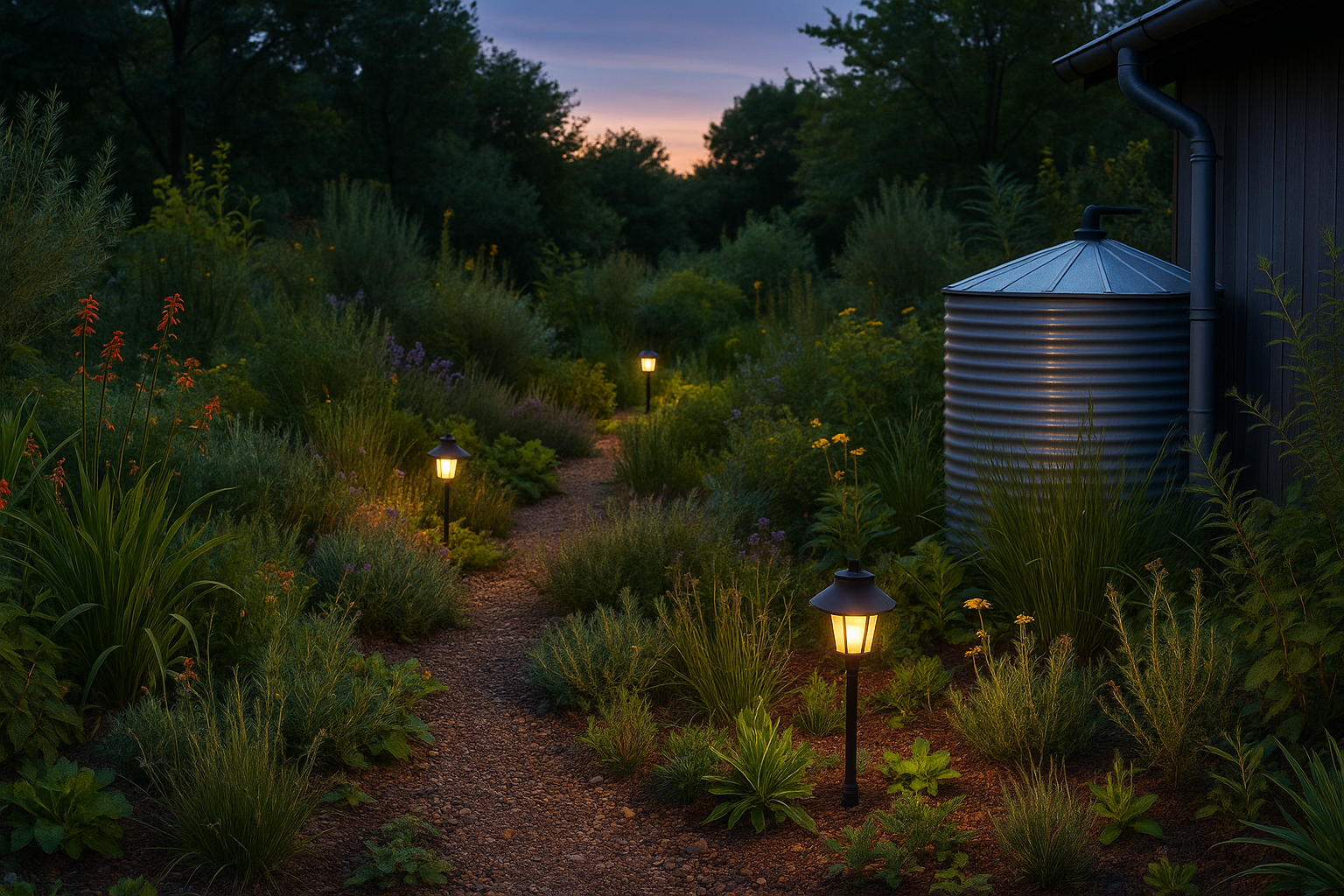Transform Outdoor Spaces with Ecological Garden Design Genius
If you're looking to transform your outdoor spaces into vibrant, eco-friendly havens, ecological garden design offers you a wealth of opportunities to browse options that align with sustainable living and aesthetic appeal.

Understanding Ecological Garden Design
Ecological garden design is a holistic approach to landscaping that emphasizes sustainability, biodiversity, and harmony with nature. This design philosophy integrates native plants, conserves water, and supports local wildlife, creating gardens that are not only beautiful but also environmentally beneficial. By choosing ecological garden design, you can reduce your carbon footprint, enhance your property's value, and enjoy a personal sanctuary that thrives with minimal intervention.
Benefits of Ecological Garden Design
One of the primary benefits of ecological garden design is its positive impact on the environment. By using native plants adapted to local conditions, these gardens require less water and maintenance, which translates to cost savings on irrigation and fertilizers. Additionally, such gardens attract pollinators like bees and butterflies, contributing to local biodiversity. According to the National Wildlife Federation, gardens that incorporate native plants can reduce water usage by up to 50%1.
Key Elements of Ecological Gardens
Ecological gardens typically feature several core elements:
- **Native Plants:** These are plants indigenous to a specific region, well-suited to the local climate and soil conditions. They require less water and are more resistant to pests and diseases.
- **Water Conservation:** Implementing rain gardens, permeable pavements, and efficient irrigation systems helps in conserving water.
- **Wildlife Habitats:** Creating habitats for local fauna, such as birdhouses or insect hotels, supports ecosystem health.
By integrating these elements, you not only create a visually appealing garden but also contribute to a healthier planet.
Cost Considerations and Financial Benefits
While the initial investment in ecological garden design might be higher than traditional landscaping, the long-term savings are significant. Reduced water bills, lower maintenance costs, and the potential increase in property value are compelling financial incentives. According to the U.S. Environmental Protection Agency, sustainable landscaping can increase property value by up to 15%2.
Exploring Professional Services and DIY Options
For those interested in professional assistance, numerous landscape architects specialize in ecological design. Hiring a professional can ensure that your garden is both aesthetically pleasing and environmentally sound. However, if you're a DIY enthusiast, there are abundant resources available online to guide you through the process. Websites like the Ecological Landscape Alliance offer valuable insights and tutorials3.
Real-World Examples
Cities around the world are adopting ecological garden design principles. For instance, Singapore's Gardens by the Bay is a prime example of integrating ecological design in urban spaces. This project combines cutting-edge technology with sustainable practices, demonstrating the potential of ecological gardens on a grand scale4.
As you consider transforming your outdoor spaces, ecological garden design provides a pathway to create beautiful, sustainable environments that offer both personal satisfaction and environmental benefits. Whether you choose to hire a professional or embark on a DIY project, the resources and options available can guide you toward making informed, impactful decisions.